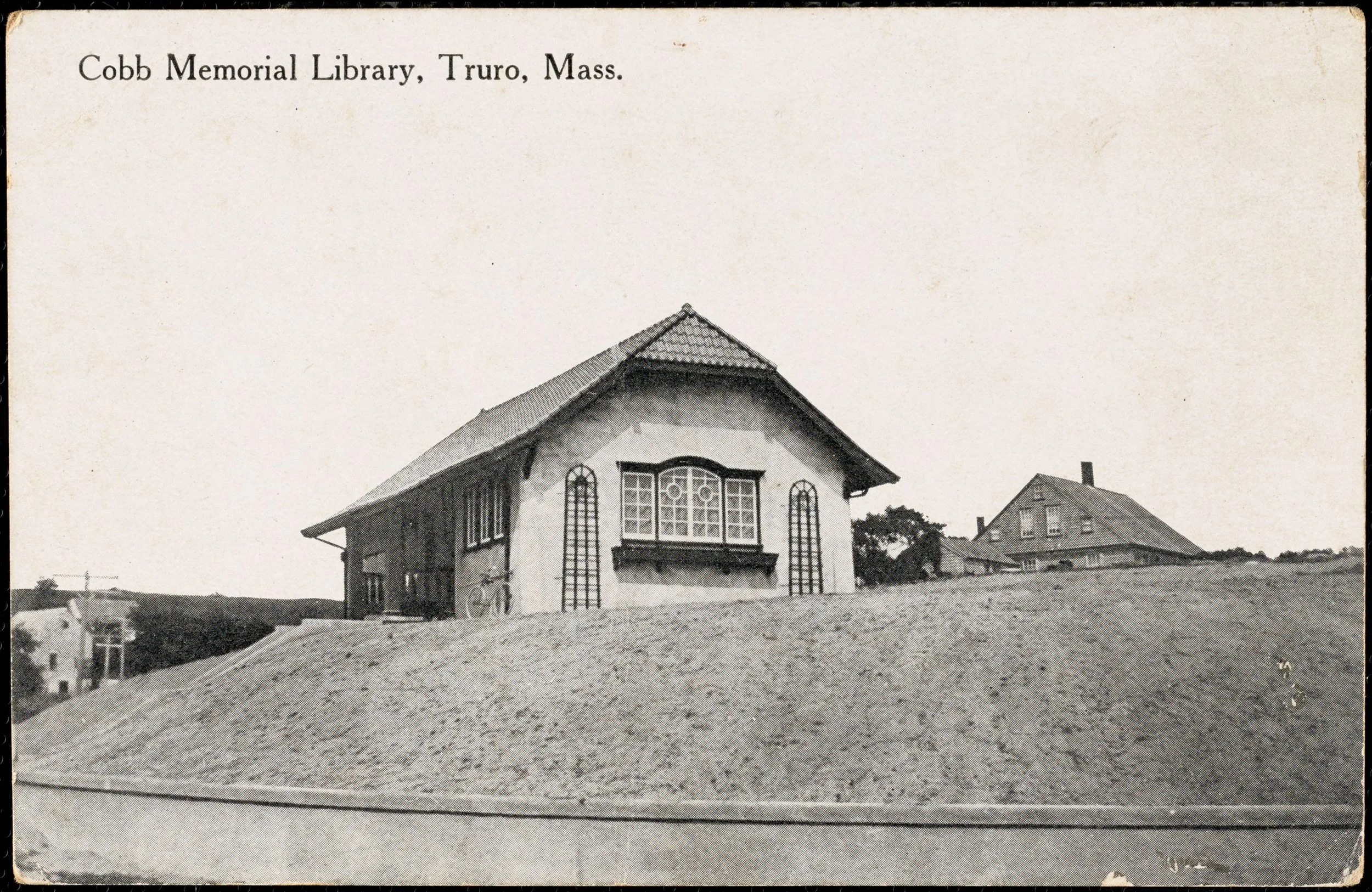The History of Cape Cod Libraries: The Seamen’s Bank Annual Report 2025
An excerpt from the Seamen’s Bank Annual Report 2025, written & told by Jeannette de Beauvoir
For the full report, please visit your local Seamen’s Bank branch, or visit seamensbank.com/about-us/annual-report
For many of us, some of our fondest early memories revolve around a library card. From searching through the stacks, to getting a return date stamped on the back of a new favorite book, to taking a class or watching a film, libraries have been a quintessential part of how Americans learn and engage with their local communities. Since this country’s founding, public libraries have received broad and consistent popular support for their democratic missions and services.
Cape Cod libraries in particular have benefited in several ways from the support of the Commonwealth of Massachusetts. “Massachusetts makes it a requirement of being certified that anyone who lives or works in the state can use the library—full access is for everyone,” says Truro’s Chris Kaufmann. “We’re lucky that this communal feeling towards information services is mandated by the state and informs how we do our jobs.”
On May 28, 1890, the Free Public Library Commission of Massachusetts was established by
“An Act to Promote the Establishment and Efficiency of Free Public Libraries” at the same time as the Massachusetts Library Club (later the Massachusetts Library Association) was founded. The early concerns of the Library Club were basic: circulation systems; vandalism and theft; book circulation for large and small libraries.
We have the oldest Board of Library Commissioners in the nation: the Massachusetts Board of Library Commissioners (MBLC) is the agency of state government with the statutory authority and responsibility to organize, develop, coordinate, and improve library services throughout the Commonwealth. It is governed by nine commissioners appointed by the governor with a goal of giving every resident of the Commonwealth full and equal access to library information resources regardless of geographic location, social or economic status, age, level of physical or intellectual ability, or cultural background.
The oldest building in the United States to house a public library is right here on Cape Cod: the Sturgis Library, built in 1644, is located in Barnstable Village. But it’s only one jewel in the crown of the Cape Cod library network.
The story of libraries on Cape Cod is the story of a passion for both information and for community. Libraries were started in basements, in pantries, in cubbyholes, in unused rooms of homes; but they were started, and they grew. It’s a story of a community bound together by a spirit of adventure and generosity.
Each Cape library offers many of the same or similar books, activities, programs and resources, and yet each library has in addition its own “flavor,” so to speak. Part of that is the siting of the building and its physical assets and limitations; but part of it, also, is in how that library grew out of that specific town’s life, and how it continues to evolve and respond to the town’s particular needs and preferences.
“Cape Cod is home to thirty-four libraries, each with its own wonderful history. One library was named for an extraordinarily feisty woman. Two others burned down during blizzards. A French Marquis funded a Lower Cape library, and one in Mid-Cape had Kurt Vonnegut as a board member. One on the Outer Cape holds an annual Turnip Festival, and three others don’t have computers. A stained-glass town seal is in an Upper Cape library’s dome, while another has a schooner inside. A brand of canned coffee even paid for one library’s construction.” (Gerree Hogan, Cape Cod Libraries: A History and Guide)
To continue reading, please visit seamensbank.com/about-us/annual-report
For more from Jeannette de Beauvoir, please visit jeannettedebeauvoir.com








